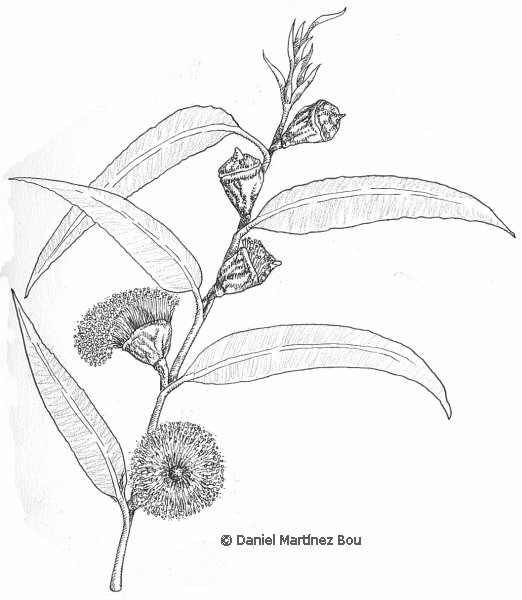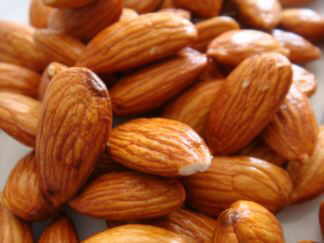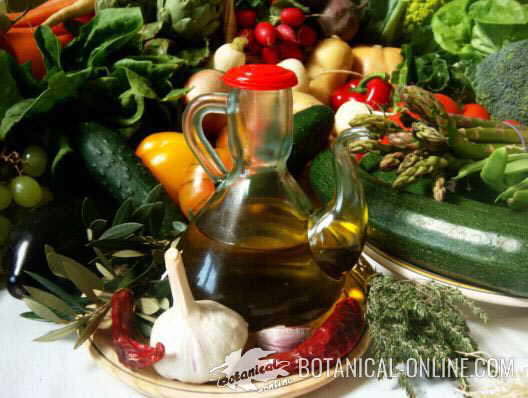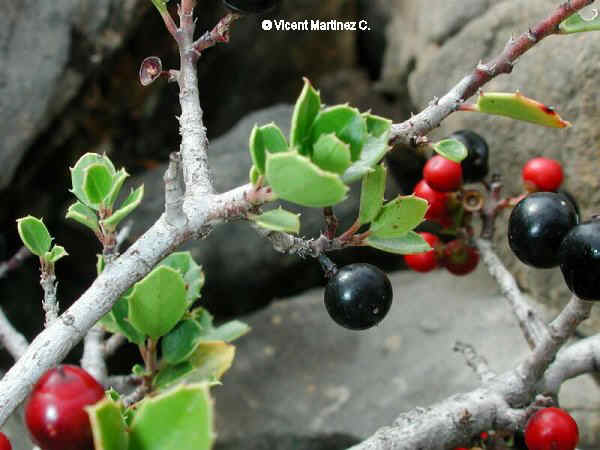Contents
Sorrel in the kitchen
SORREL AS FOOD – HOW TO COOK SORREL
Nutritional value of sorrel
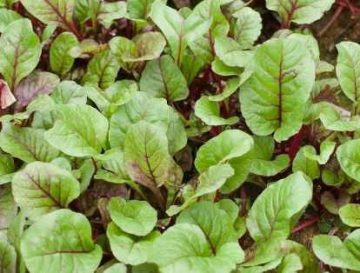
Sorrel gives us fiber, vitamins and minerals with little caloric intake, making it ideal in any healthy diet for people with diabetes because of its low glycemic index, and for people following a diet.
Its young leaves are usually eaten in salads in a mixture of different leaves, such as leaves of dandelion, arugula, lettuce or chicory.
The plant is also consumed in soups: sorrel sheets must be blanched first 5 minutes with water and added to stews, purees, pastes, soups etc.
Precautions before cooking with sorrel
When cooking sorrel leaves, we must take into account its high content of oxalic acid (oxalates). Oxalates can cause the formation of kidney stones.
Oxalates are irritating to the digestive mucosa and can cause stomach pain, especially to people with gastritis. These compounds may also reduce the absorption of minerals such as iron and calcium.
We must take the following precautions
- Boiled or blanching: To reduce the intake of oxalates from sorrel leaves, boil them previously. Oxalates are soluble in water and they remain in the cooking water, which should be discarded. This process must be performed whenever significant quantities of vegetables rich in oxalates such as spinach or beets are eaten.
Sorrel that is eaten raw in salads mixtures of various leaves does not provide significant amounts of oxalates.
- Combine with calcium: When oxalates combine with calcium, they excreted. So, it is recommended to accompany sorrel with cheese, yogurt, or calcium-rich foods to counteract the effect of oxalates.
- Only fresh leaves must be consumed, as old leaves taste awful and are much richer in oxalates.
Contraindications of sorrel
Due to the high oxalate content of this vegetable, it is NOT recommended for people with arthritis, rheumatism, gout or those who have or have had kidney stones.
![]() More information about sorrel.
More information about sorrel.


